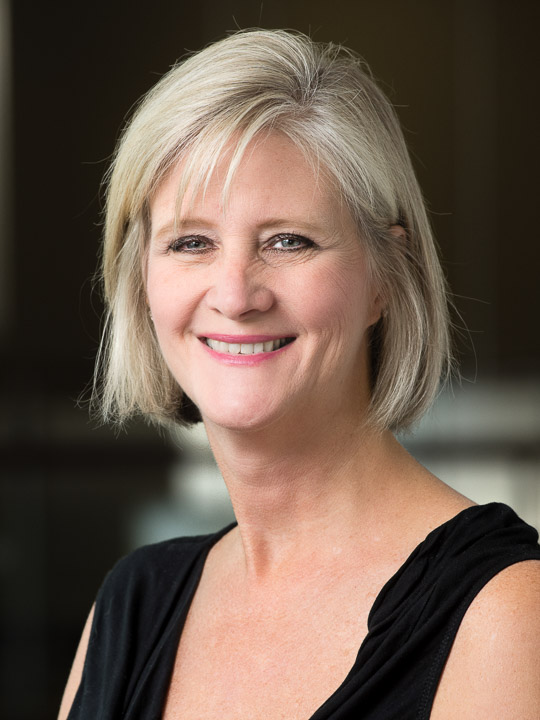Faculty practice provides faculty members with the opportunity to be engaged in their area of expertise. As leaders of exemplary, innovative, and culturally proficient faculty engagement, faculty members fulfill the mission of the UA Capstone College of Nursing’s Faculty Practice Committee. The Faculty Practice Committee strives to increase the visibility of the school of nursing by spotlighting the practice of faculty members as they practice in community agencies. Practice sites are diverse and represent the expertise and background preparation of faculty engaged in faculty practice. Faculty “spotlights” are updated multiple times annually to showcase the exceptional work of faculty practice members. Be sure to return to this webpage in the future to learn about the practice of other faculty members!

Amy S. D. Lee, DNP, ARNP, WHNP-BC
Clinical Associate Professor
“I am a Clinical Associate Professor and the Doctor of Nursing Practice (DNP) Program Coordinator. I teach across programs in both undergraduate and graduate programs.”
“I am a Women’s Health Nurse Practitioner with a weekly Faculty Practice at the University of Alabama Student Health Center and Pharmacy (SHC). The mission of the Student Health Center and Pharmacy is to deliver outstanding health care and educate UA students for healthier living. Women’s health provides routine annual exams, pelvic exams, breast exams, pap smears, contraception, treatment of sexually transmitted diseases and pregnancy testing and counseling. These services, well and sick, are by appointment only. The Student Health Center has a full-time and a part-time nurse practitioner who work collaboratively with OB/GYN physicians from the University Medical Center.”
“I see women across the lifespan, but the majority of my student population are young adult women.”
“The focus of women’s health at the Student Health Center is well woman GYN care, provision of family planning/contraception services, and urgent GYN care. On any given day I may do routine annual exams, place/remove IUDs, place/remove Nexplanon’s, help patients plan out their contraceptive choices, diagnose and treat vaginal infections/STIs/PID, manage menstrual disorders, evaluate and treat vulvar/vaginal lesions, evaluate breast complaints, evaluate pelvic pain, co-manage PMS/PMDD, or serve as a patient educator/counselor.”
“Evidence-based practice forms the foundation of my clinical work. I worked with the SHC in the past year to update protocols surrounding Depo Provera to be in line with recommended evidence-based practice in a way that breaks down contraceptive barriers for patients. When the Center for Disease Control and Prevention (CDC) recently updated guidelines around gonorrhea, I took the information back to the other certified nurse practitioners (CRNP) providing women’s health at the SHC. In response, we have both changed how we treat gonorrhea in alignment with the new CDC guidelines. The SHC provides all of us with easy access to the latest evidence-based resources and I can always go “look it up” to make sure that I stay on top of the latest evidence.”
“My passion and primary area of interest has always been family planning. I’ve also done a fair amount of work in the area of intimate partner violence and emergency gynecologic care. These are all areas that serve me well in my faculty practice at the SHC.”
“I’m very content at the SHC. It allows me to stay current in my skills as well as focus on the clinical areas that I have always had the most passion about. It gives me a way to help students that is so different than my faculty role.”
“The greatest change in women’s health in recent years has been in how we screen for cervical cancer and how we respond to abnormal pap smears. And it’s certainly still an evolving science. Only 20 years ago, we started pap smears with sexual activity and repeated them annually. Then, with the understanding of the role of Human Papillomavirus (HPV) in cervical cancer and the ability to detect HPV, we have seen the spacing of pap smears and the delay in first paps. This soon gave way to the recognition that young women could clear the virus and repair abnormalities if left alone and we have seen intervention fade to observation. We know that first paps will soon delay to age 25 and we are seeing HPV screening alone starting to replace cytologic screening. Intervention recommendations are now based on individual risk stratification rather than standardized assumptions for all. This is evolving science at its best!”
“My clinical practice has always been about my passion to help women and my personal need to be of service to others. Through my practice I help empower young women to achieve personal goals, I alleviate suffering and improve the general day to day of many women, and I represent the CCN in a positive visible way. My faculty practice allows me to give back and I am grateful.”